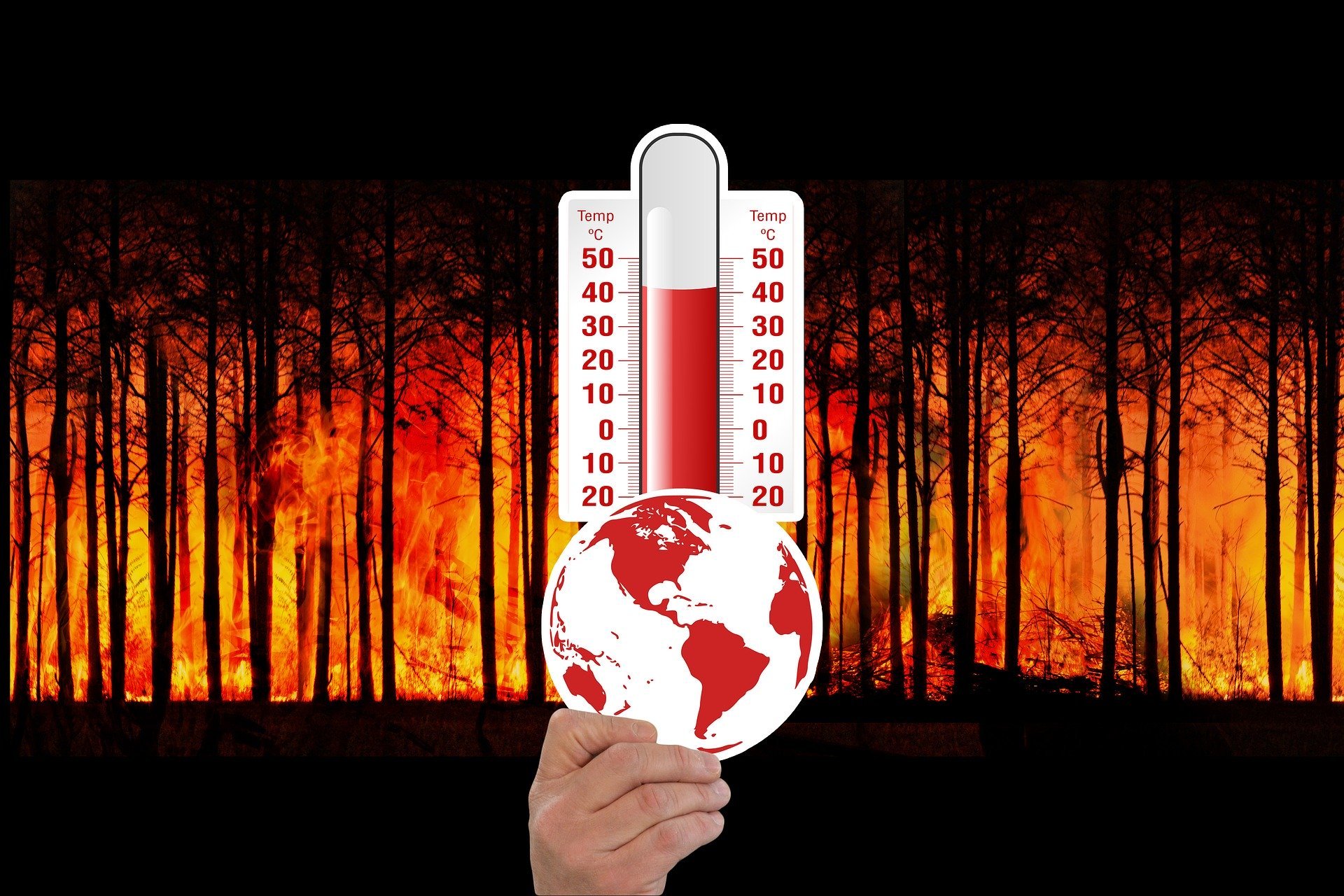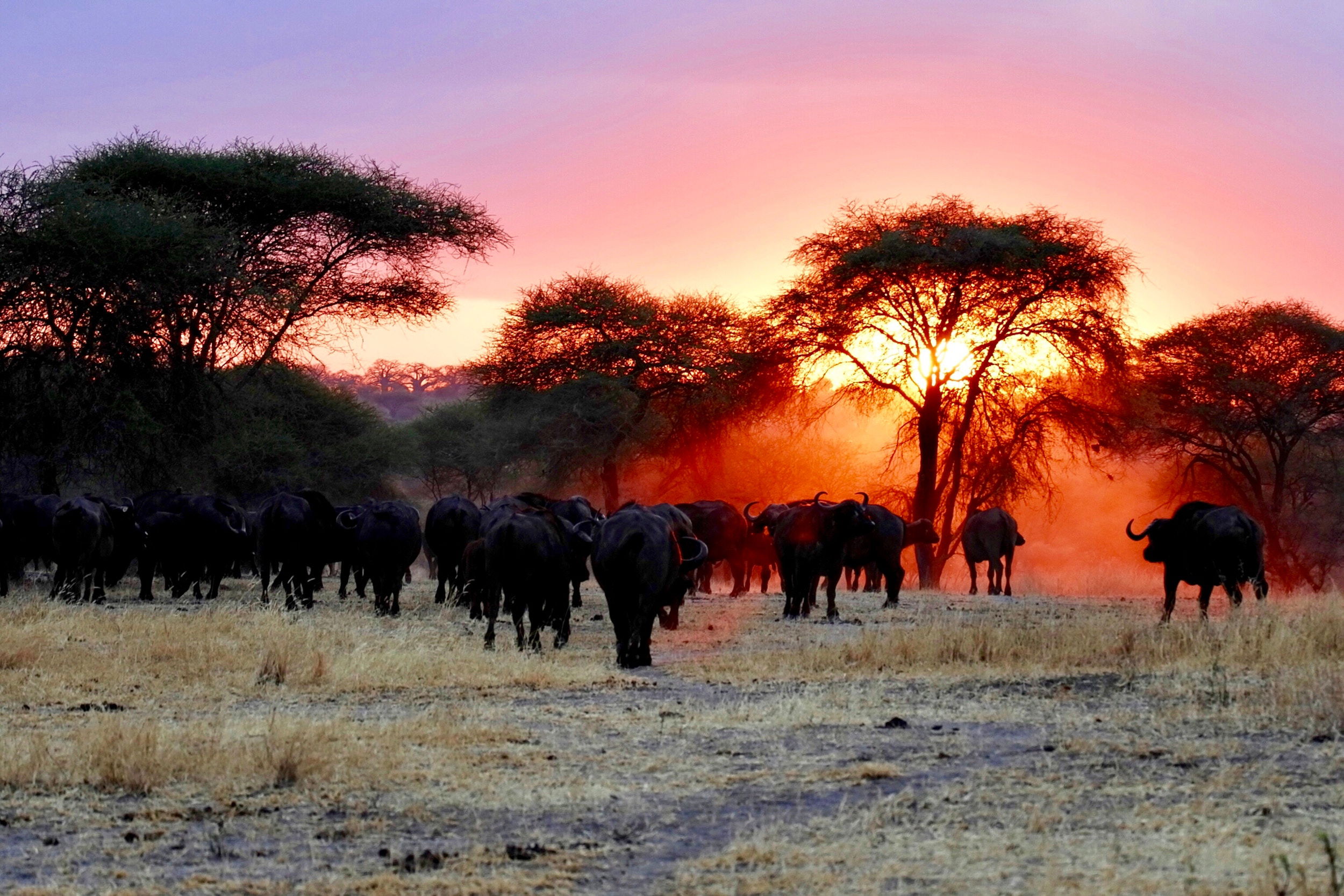Modelling the impact of global warming on Africa

Global warming is hitting the planet hard and Africa with many hotspots is being touched with the wicked finger of anthropogenic inhumanity. I am modelling how plants are responding, but we don't know what the future holds. The worst part of the whole conversation is that there are some people who are still arguing that climate change is a farce. I sincerely don't know how to stomach these sets of people. I have data, that shows this growth of CO2 and other greenhouse gasses in the atmosphere, other elements like plants which do not respect political opinions are showing that the world is changing right before our eyes, yet some people will still not accept.
The relentless advance of global warming, exacerbated by anthropogenic activities, casts a sinister shadow over the African continent, where the impact of climate change is keenly felt in numerous hotspots. As a researcher modelling the response of plants to this environmental crisis, the unfolding narrative is one of urgency and uncertainty. The challenge lies not only in comprehending the complex dynamics of climate change but also in confronting the disheartening reality that some individuals continue to deny its existence. Despite compelling data illustrating the surge in greenhouse gases, and the observable changes in plant behaviour, a disconcerting number of people remain skeptical. In the face of this climate crisis, it becomes imperative to bridge the gap between scientific evidence and public awareness, especially in the context of developing economies like those in Africa.

The impact of climate change on the African continent is palpable and demands urgent attention. Many regions are experiencing heightened temperatures, extreme weather events, and disruptions to ecosystems, posing severe threats to both biodiversity and human livelihoods. As a researcher focusing on modelling the responses of plants to these changes, it is evident that the consequences of climate change are not confined to theoretical predictions—they are unfolding in real-time.
The growing levels of greenhouse gases in the atmosphere, particularly CO2, are a clear indication of the anthropogenic contribution to global warming. This rise, supported by robust scientific data, serves as a stark warning that urgent measures are needed to curb emissions and mitigate the impacts of climate change. However, the most disheartening aspect of this conversation is the persistence of climate change denial, a stance that defies reason and hampers collective efforts to address the impending crisis.
Addressing climate change denial requires a multi-faceted approach that combines scientific communication, public awareness campaigns, and policy advocacy. It is crucial to convey the severity of the situation using accessible language, emphasizing the tangible impacts on everyday life. By presenting irrefutable evidence derived from climate models and real-world observations, researchers can contribute to dispelling the myths surrounding climate change.
In the context of Africa, where vulnerabilities to climate change are acute, developing models becomes not just a scientific endeavour but a moral imperative. These models should not only project the potential impacts of climate change but also underscore the urgency of adaptation and mitigation strategies. Africa, with its diverse ecosystems and reliance on agriculture, faces unique challenges that necessitate tailored solutions. Researchers must collaborate with local communities, governments, and international organizations to ensure that the models accurately reflect the region's specific vulnerabilities and inform effective policies.
If the tragedy of climate change were to afflict developed economies more severely than developing ones, global perspectives on the urgency of combating global warming would likely shift. However, the interconnected nature of the planet means that no region can escape the repercussions of climate change entirely. Thus, it is imperative to dispel the notion that certain regions are immune to its effects and foster a collective sense of responsibility for addressing this global challenge.